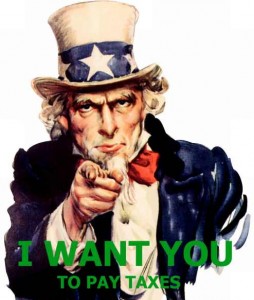Birkenfeld, now living in New Hampshire, helped lead the IRS to collect hundreds of millions of dollars in U.S. taxes owed on money stashed in Swiss bank UBS AG, where he once worked.
 Dean Zerbe, a partner at Zerbe, Fingeret, Frank & Jadav and one of Birkenfeld's lawyers, estimated he has added at least 15 cases to his roster and lawyers at rival firms reported that they too have seen a notable uptick.
Dean Zerbe, a partner at Zerbe, Fingeret, Frank & Jadav and one of Birkenfeld's lawyers, estimated he has added at least 15 cases to his roster and lawyers at rival firms reported that they too have seen a notable uptick.
"It's been a watershed moment for whistleblowing," said Jordan Thomas, chairman of Labaton Sucharow's whistleblower representation practice, which has also seen an increase in inquiries.
Confidentiality laws keep information about IRS payouts minimal. The agency has said it paid two rewards last year and was on track to pay another three to five this year, including Birkenfeld's.
According to the U.S. Government Accountability Office, as of last April, a total of 1,387 whistleblowers had identified 9,540 wayward taxpayers since the overhaul was enacted.
Whistleblowers have a growing number of options beyond the IRS. In the past few years, the Federal False Claims Act has been updated and state-level tax and false claim programs in New York and elsewhere have been changed or created, said lawyer Neil Getnick, of Getnick & Getnick LLP.
A new whistleblower program at the U.S. Securities and Exchange Commission has just finished its first year and the first reward of $50,000 has been given to an anonymous tipster. That is 30 percent of what the SEC has collected in the case so far and will rise as more is collected. A court already has awarded $1 million in sanctions in the case and judgments might yet come against other defendants, the SEC said.
Working against whistleblowers are the long odds of a huge payout, the years most cases take to resolve and the personal turmoil and struggle to find new employment that any informant might face.
Read more at: Tax Times blog




